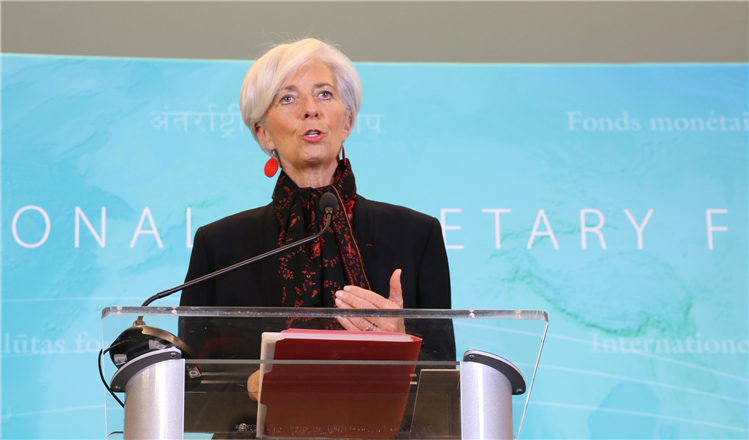Xi Jinping sent out 'China's Voice' to deal with global climate change
Updated: 2015-11-30 19:59
(China Youth International)
|
||||||||
 |
|
President Xi Jinping met with his French counterpart Francois Hollande on Nov.2, 2015 at the Great Hall of the people in Beijing. Xi said that China speaks highly of Paris's great efforts to arrange Paris Climate Summit, and firmly supports France to present a successful meeting. China has also made real efforts to facilitate the meeting's success. |
Dealing with climate change is associated with the benifits and welfare of all human kind. It is a tough battle that needs all countries to fight joint-handly to win.
Since the announcement of the 12th Five-Year Plan,especially after the 18th CPC National Congress,China has paid attention to energy conservation, emission reduction, and low-carbon development, considering energy conservation and emission reduction as an important grasp of the acceleration of the construction of ecological civilization. As the world's biggest developing country, China played an active role in all kinds of meetings on dealing with global climate change, which held by differents countries and international organizations, and China was widely praised by the world because of its practical actions on energy conservation and emission reduction.
President Xi Jinping will attend the opening ceremony of Paris Climate Summit from 29th Nov to 30th Nov, to express China's attitude and contribute China's wisdom to tackle climate change with the world. Before this meeting, Xi Jinping addressed many views on how do countries deal with climate change, and expressed china's consistent position and principles on dealing with climate change with other countries, which showed that China has been taking international responsibility as a responsible power.
Climate Change is a global challenge, no country can stay out of it.
President Xi Jinping said on 18th Oct during the interview with Reuters, before his state visit in Great Britain, that" climate change is a global challenge, no country can stay out of it". Developed countries and developing countries are in different developing stages. Both sides should work joint-handly to deal with climate change, while taking different responsibilities。
Xi said that developing countries and developed countries take different responsibilities on climate change in the past history, and their abilities and developing needs are different as well. It's like a car race. Some cars have gone really far, but some have just left the starting point, so it is inappropriate and unfair to limit the speed by using unified standard. Developed countries should take leading roles in dealing with climate change, which is in accodance with the important principles in the United Nations Framework Convention on Climate Change, including common but differentiated responsibilities principle, the principle of equity, the principle of respective capabilities and so on.
Xi Jinping gave detailed advice on how do developed countries take leading roles at Leaders Working Lunch on Climate Change of UN. He said that" developed countries should fulfill their obligations on finance and technology, implement the promise of offering 100billion US dollars before 2020, and transfer climate-friendly technologies to developing countries.
China and the U.S. are major countries in the world and also countries with the largest amount of greenhouse gas emission. Two countries working together can be a huge leading power. During Xi Jinping's participation in the sixth round of China-U.S. Strategic and Economic Dialogue and the opening of the fifth round of High-Level Consultation on People-to-People Exchange on July 9,2015, he said that China and the U.S. should constantly exploit the potential of cooperation, cultivate cooperation points, accelerate bilateral investment agreements and negotiations, deepen military dialogues, strike all forms of terrorism together, confront climate change together and enhance communication and coordination on important international and regional issues.
- Britain's Cameron says time to bomb militants in Syria
- Russia accept full suspension from athletics
- Turkish and Russian FMs to meet in Belgrade
- S.Korea, DPRK agree to hold vice ministers' meeting for improved ties
- Avoiding escalation over Russian warplane downing
- Rights panel presses US over scientists' cases
Most Viewed
Editor's Picks

|

|

|

|

|

|
Today's Top News
Chinese president arrives in Turkey for G20 summit
Islamic State claims responsibility for Paris attacks
Obama, Netanyahu at White House seek to mend US-Israel ties
China, not Canada, is top US trade partner
Tu first Chinese to win Nobel Prize in Medicine
Huntsman says Sino-US relationship needs common goals
Xi pledges $2 billion to help developing countries
Young people from US look forward to Xi's state visit: Survey
US Weekly

|

|















